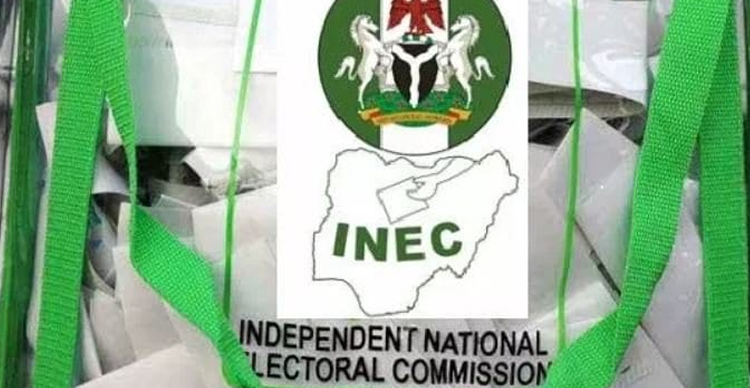- The conference was aimed at addressing some of the challenges experienced during the processes and conduct of 2023 elections
- The conference evaluated the decisions taken in the course of the 2023 elections
The Resident Electoral Commissioner (REC) in Delta State, Pastor Udoh Tom, says the Independent National Electoral Commission (INEC) is taking measures aimed at addressing some of the challenges experienced during the processes and conduct of the 2023 elections.
Mr. Udoh Tom, stated this in Asaba, at a post-election meeting of INEC Personel and Ad hoc staff, to review the performance of the Commission in the execution of recent polls.
The Resident Electoral Commissioner, Reverend Udoh Tom, said the conference was planned to evaluate the decisions taken in the course of the 2023 elections, with the aim to make improvements on subsequent electoral engagements.
He stressed, “To tell us what did they see that did not go well and how can we improve on what we did.
“After harnessing all these facts, in the (next) pre-election we can now say, this was done this way; let’s do it this way. Let’s add this input and maybe we will bring more technology into it.”
Mr. Udoh Tom, also made clarifications on the controversy surrounding the application of technologies like the INEC Result Viewing Portal, (IReV), INEC Voter Enrolment Device, (IVED) Bimodal Voter Accreditation System, (BVAS) and the glitches experienced in the last exercise.
The REC observed; “The issue of IReV is making me to use the fact of the Ocean Gates submersible that went down to explore the Titanic; technology is dynamic, sometimes it fails.”
Ad hoc staff Prof. Ezekiel Agbalagba and an Electoral Officer Mr. Kingsley Ogbegbe, made observations on the state level post election review exercise.
Prof. Agbalagba said, “People queuing in INEC office just to register, those are some of the issues we looked at.”
Mr. Ogbegbe stated, “We are not looking at the good side of the election, we are looking at where we didn’t do too well and knowing how to correcting such areas.”
The participants were divided into six groups, where each unit discussed and made recommendations on topics including voter access expansion policy, election security, deployment of electoral materials, Voter Education and Registration.
In attendance at the summit were Senatorial District Collation Officers, Resident Area Collation Officers, Presiding and Assistant Presiding Officers and Electoral Officers from the twenty five local government areas of the state.
